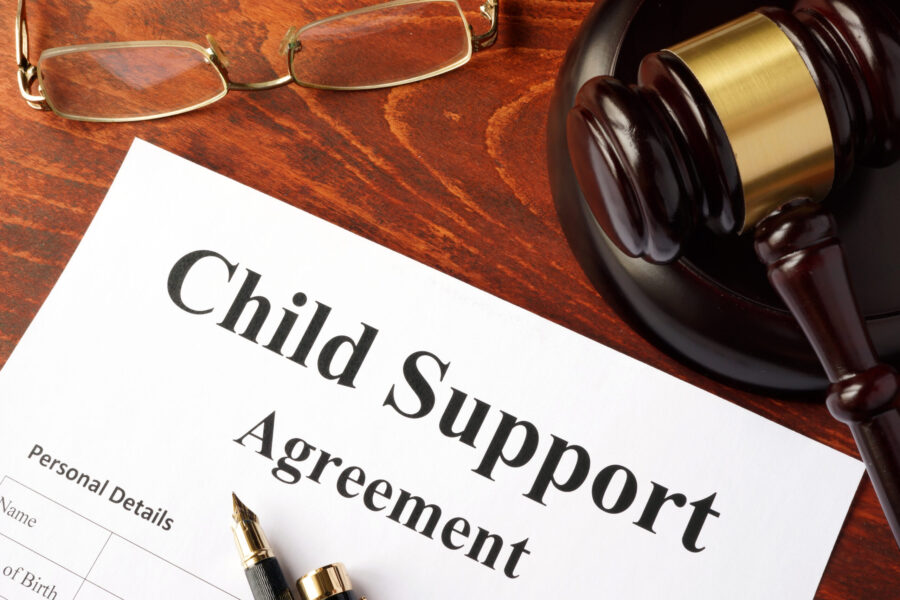Do You Have to Pay Child Support if You Have 50/50 Custody in Maryland?

Sharing custody of a child often leads to questions about child support payments. In Maryland, each parent has a legal obligation to support their kids despite the custody arrangement. That means you and your ex must both contribute to the cost of your child’s upbringing. You might have to pay child support if you have 50/50 custody.
The Schedule of Basic Child Support Obligations determines child support payments. The calculation in cases of shared physical custody takes into account the time each parent spends with their kids while living in the same home and provides a formula for adjusted child support.
Child Support Guidelines in Maryland
In situations where one parent has sole physical custody, parents can calculate their child support obligation by inputting the number of children they share and each person’s income into the formula. A percentage of each parent’s support obligation is assigned depending on their income percentage.
For example, if you make $6,000 a month and have sole custody, and your ex earns $4,000 per month, you would be responsible for 60 percent of the child support amount and assumed to pay this directly for the children’s benefit. Your ex’s support obligation would be 40 percent of the amount and would be paid to you.
Multiple factors can affect each parent’s child support amount, such as custody and visitation. In a shared custody arrangement, the formula includes additional calculations.
You and your ex must maintain full-time residences for your children if each has them for at least 25 percent of overnight stays each year. That leads to an overall increase in the costs of raising your kids and the expenses each of you is obligated to pay.
Understanding Adjusted Actual Income
Actual income includes unearned and earned pretax income, such as:
- Wages
- Self-employment earnings
- Investment income
- Commissions
- Disability payments
- Military pay
If you’re self-employed, you can deduct necessary business expenses from gross receipts to determine your actual income. However, the deductions permitted in the calculation are limited.
You also deduct alimony and child support payments you make from your adjusted actual income. However, adding alimony to your income is required if you receive payments as part of a prior court order.
The court might assign income and increase a parent’s child support obligation if it believes the parent takes a lower-paying job than they’re qualified to work or chooses not to seek employment.
Adjusting Child Support for Additional Expenses
Limited adjustments are available after determining your basic support obligations. Payments for the cost of extraordinary medical expenses, health insurance premiums, and job-related childcare expenses can be factored into the child support calculations so that each parent shares in the costs.
A judge can also adjust the amount of child support to include court-approved transportation costs or certain education expenses.
When Does Child Support Obligations End?
In Maryland, child support continues until the child turns 18. However, the support obligation continues until the child’s 19th birthday, if they are still a high school student.
Contact an Experienced Child Support Attorney
The McKeon Law Firm understands the importance of child support. The amount must be fair and meet your child’s needs, whether you’re the payor or recipient.
We have represented clients in Bethesda and Gaithersburg since 1994. You can count on us to protect your rights and fight for your interests during child support negotiations and litigation.
Call us at (301) 417-9222 or (202) 742-1800 today for a consultation if you’re pursuing a child support case and want to learn more about how we can help.



